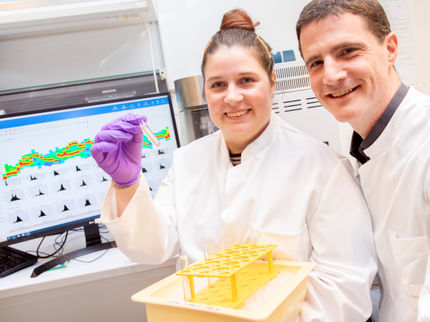Targeted treatment for liver cancer under way
Advertisement
Researchers at the University of Eastern Finland and Eberhard Karls Universität Tübingen have discovered a new molecular mechanism that can be used to inhibit the growth of hepatocellular carcinoma, which is the most common liver cancer.
The study found that mouse and human liver cancer in which the function of the protein p53 is disturbed or inhibited is dependent on the interaction between the Aurora kinase A (AURKA) and MYC proteins. Interfering the AURKA protein with a specific drug molecule inhibits this interaction and causes cancer cells to die.
With the help of computer-aided molecular modelling, the Pharmaceutical & Medicinal Chemistry research group at the University of Eastern Finland analysed interactions between the AURKA and MYC proteins. Molecular modelling also helped understand why only certain drug molecules inhibit the AURKA-MYC interaction, while others have no impact on it at all. Furthermore, molecular modelling made it possible to predict whether a certain drug molecule can inhibit the AURKA-MYC interaction or not.
Currently, no effective treatments for advanced liver cancer exist. By specifically targeting the AURKA protein, it may be possible to efficiently prevent the growth of p53 altered liver cancer. The findings of the study can be made use of in the development of treatments for patients with this cancer type.
Following the discovery of this new potential treatment target in liver cancer, the University of Eastern Finland and Eberhard Karls Universität Tübingen have launched a project focusing on the development of a new cancer drug. Several universities and research institutes in Germany and France have also participated in this research.


























































